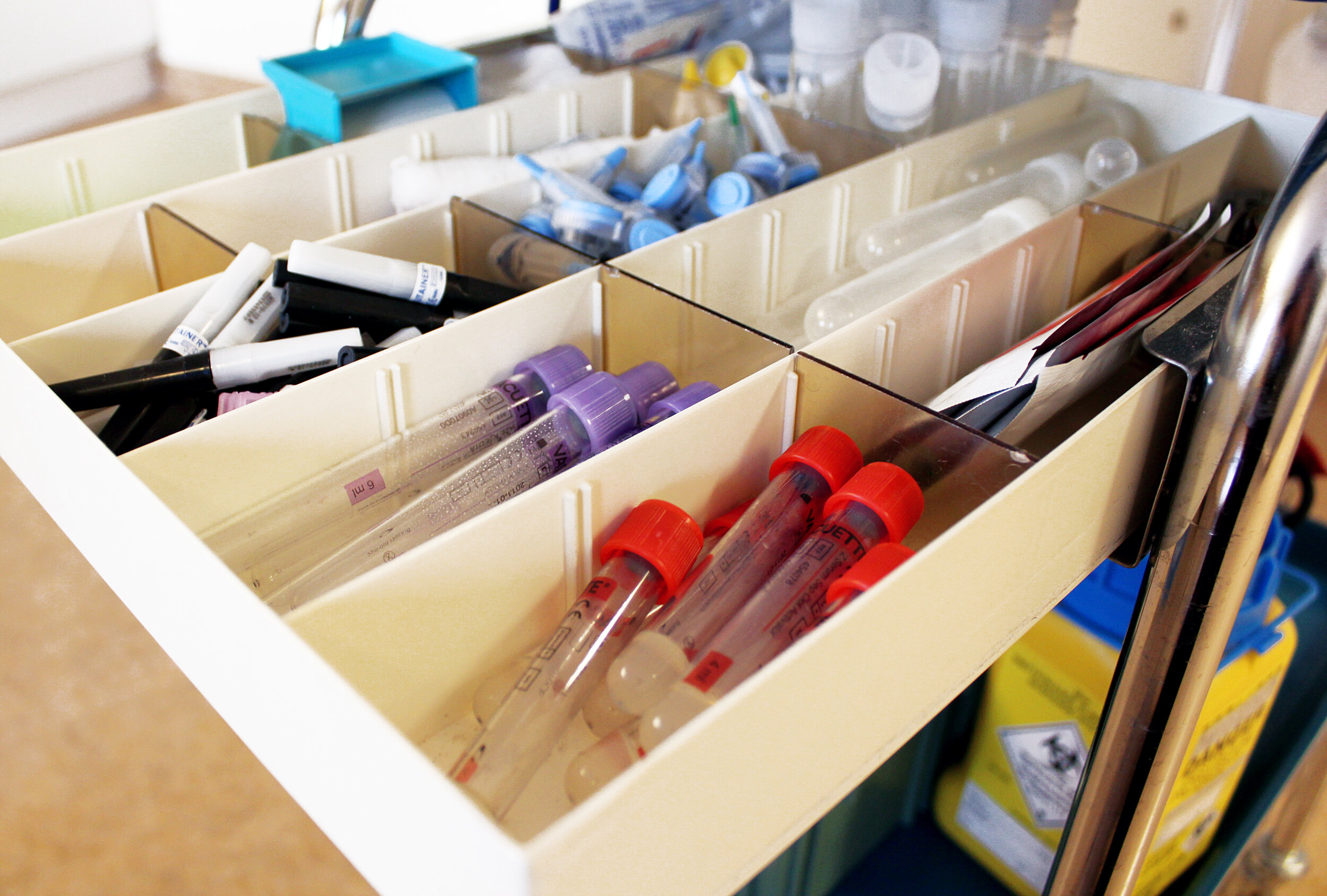

Excess Weight Alters Results of Blood Tests in Kids
Even in children and teens, obesity has been linked to major health problems, such as diabetes and heart disease. But the effects of extra weight may show up in some tests before disease develops. Weight can affect results of routine blood tests in kids, new data show. And those results might highlight kids at risk of developing disease.
Read the whole story at Science News for Students: Excess Weight Alters Results of Blood Tests in Kids and Teens.

Health Care Chatbots
Chatbots are computer programs designed to carry on a dialogue with people, assisting them via text messages, applications, or instant messaging. Essentially, instead of having a conversation with a person, the user talks with a bot that’s powered by basic rules or artificial intelligence. Chatbots are already widely used to support, expedite, and improve processes in other industries and now the technology is gaining traction in health care, where it is helping patients and providers perform myriad tasks.
Read the whole story at IEEE Pulse: Health Care Chatbots Are Here to Help.

Brain Imaging Bipolar Disorder in High-Risk Children
Researchers report a potential neural marker of individual risk in those with a family history of bipolar disorder. The study, published in the journal Neuropsychopharmacology, points to particular patterns of brain connectivity as future potential targets for early intervention. Patterns in connectivity in a portion of the frontal lobe called the inferior frontal gyrus appears to be an early biomarker in children of parents with bipolar disorder.
Read more about the study here: Can Brain Imaging Help Predict Bipolar Disorder in High Risk Children?

New Brown Alum Profile: Andrew Beck
Brown alum Andrew Beck believes that pathology will be one of the first areas of medicine to benefit greatly from artificial intelligence. He is so sure of AI’s promise that, in 2017, he left a tenure-track position at Harvard to start his company, PathAI.
Read more from the Brown Alumni Magazine: Pathology Breakthrough?

